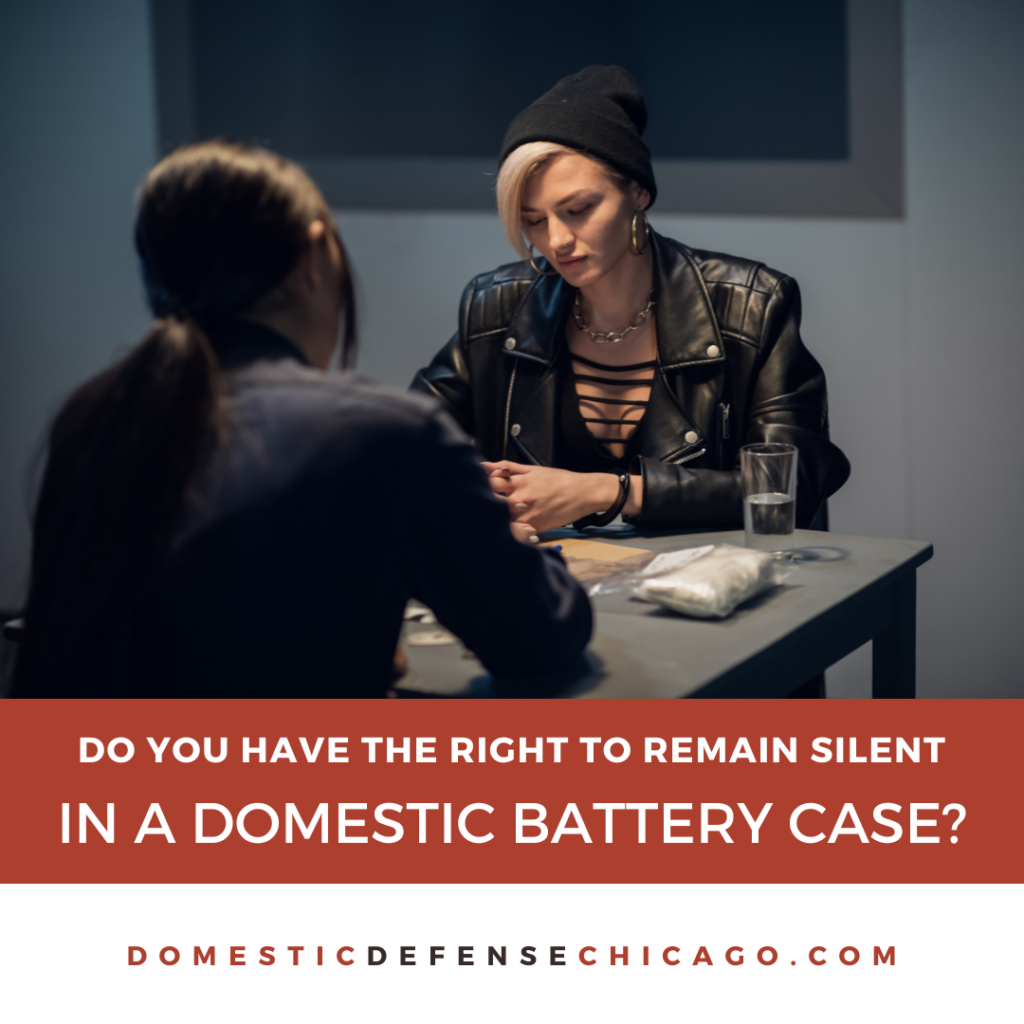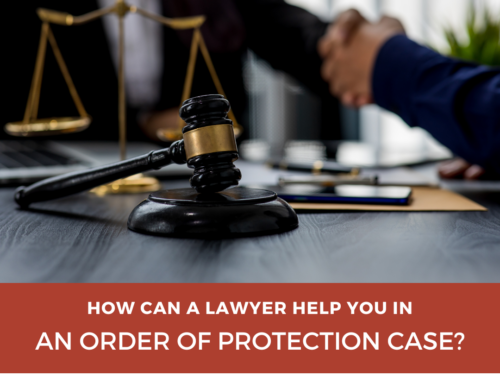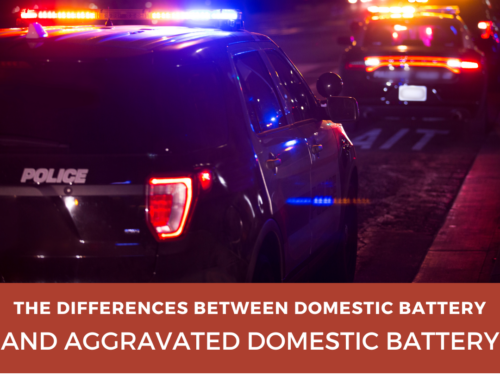Facing domestic battery charges can cause a whirlwind of emotions and a flood of questions. One of the first questions you might have is, “Do I have the right to remain silent?” This guide is designed to help you understand your rights and to offer some guidance on how to handle such a complex situation.
Do You Have the Right to Remain Silent in a Domestic Battery Case?
Throughout this guide, we’ll be exploring:
- The legal principle of the right to remain silent
- The implications of the Miranda warning
- When and how to exercise your right to silence
- The role of your attorney during questioning
- Potential consequences of not using your right to silence
Let’s take a closer look at each of these areas.
The Legal Principle of the Right to Remain Silent
In the United States, the right to remain silent is protected by the Fifth Amendment of the Constitution. This means that you don’t have to say anything that could potentially be used against you in a court of law, including during a domestic battery case. You can choose to stay silent from the moment law enforcement contacts you and throughout the legal process.
The Implications of the Miranda Warning
You’ve probably heard the term “Miranda rights” or “Miranda warning” on television or in movies. This warning is a statement given by police to criminal suspects in custody before they are interrogated. It’s crucial to understand that anything you say, even before the police read you these rights, can be used against you in court.
Related: How a domestic battery defense lawyer can help you fight false allegations
When and How to Exercise Your Right to Silence
You can exercise your right to silence at any time, but it’s often wise to do so from the moment law enforcement contacts you. Politely but clearly state that you’re exercising your right to remain silent and that you want an attorney present for any further discussion.
The Role of Your Attorney During Questioning
Your attorney plays a vital role in ensuring that your rights are upheld during questioning. They can guide you on what questions to answer, how to respond, and when to use your right to remain silent. If you’re facing a domestic battery charge, your lawyer will provide vital guidance on how to navigate the questioning process.
Related: Can you claim self-defense in a domestic battery case?
Potential Consequences of Not Using Your Right to Silence
Not using your right to remain silent can lead to self-incrimination. Even if you’re innocent, your words can be twisted and used against you. Hence, it’s crucial to remember your right to silence and use it when necessary.
Related: What happens if someone gets an order of protection against you in Illinois?
FAQ About Your Right to Remain Silent in a Domestic Battery Case
Check out these commonly asked questions about your right to remain silent in a domestic battery case. If you don’t see the answers here, please call our office and we’ll get you the information you need.
Can the police pressure me into speaking?
The police can try to pressure you into speaking to them, but it’s your constitutional right to remain silent. The police cannot force you to speak.
I’ve already spoken to the police. What should I do?
Contact your attorney immediately and let them know what you’ve said to the police. They will be able to advise you on the best next steps.
When should I speak to the police?
Only speak to the police in the presence of your attorney. They can guide you on what to say to avoid self-incrimination.
What if I say something incriminating by accident?
If this happens, stop speaking and request your attorney. They can help you navigate the situation.
Related: Does a domestic battery conviction stay on your record forever in Illinois?
Your right to remain silent is a powerful tool in maintaining your defense when facing a domestic battery charge. Utilize this right and secure a skilled attorney to guide you through the legal process. Remember, it’s not about refusing to cooperate; it’s about protecting your rights.
Do You Need to Talk to an Attorney About Domestic Battery Defense?
If you need to talk to a domestic battery defense attorney in Illinois, we’re here to help. Call us at 847-920-4540 now – we’ll be happy to give you a free consultation and talk to you about your options.







Leave A Comment
You must be logged in to post a comment.